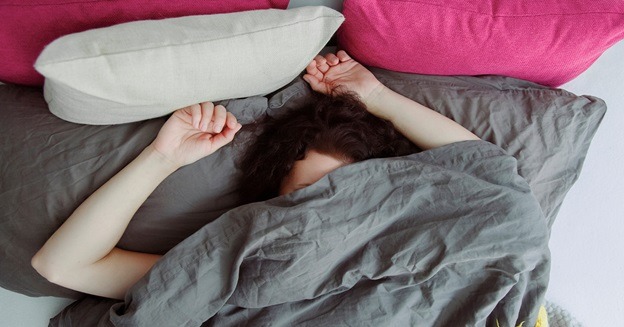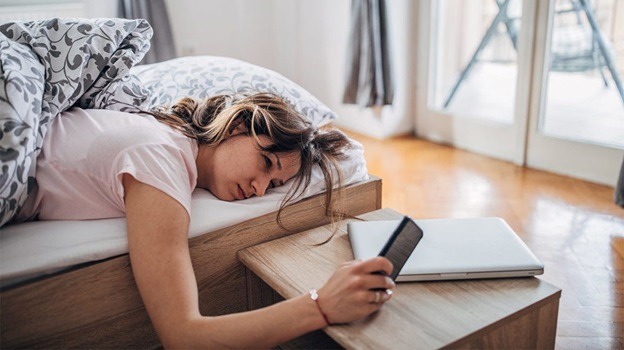Did you know that the lifestyle choices you make during the day will determine how well you rest at night? Studies also show that your physical activity, stress levels, and diet are connected to how well you sleep at night. Plus, when you do not sleep well it causes you to make poor choices in various facets of life. Therefore, ensure that your sleep environment is conducive for sleep, you have a firm bed, quality nectar mattress, the right beddings, and the various necessities for a good night’s sleep in your bedroom. This is the start of having healthier sleep. As you read on, you will learn healthier lifestyle habits for better sleep.
1. Increase in physical activity
What is involved in your morning routine? Is exercising a part of it? Add physical activity to your morning routine as it is a beneficial tip for improving your sleep. Plus, it helps to jump-start your day. It also gives you exposure to light which is good for your circadian rhythm an internal process that controls your sleep and wake cycle. Since any exercise is better than doing no exercise, work out later in the day if it works best for you.
2. Choose a relaxing ritual
If you are experiencing sleep anxiety or stress, they must be taking a toll on your sleep. Therefore, find practices that will help you relax, such as, writing, meditation, or breathing. A writing practice that many people find helpful is writing a gratitude journal, and doing it consistently helps them sleep better. Therefore, look at what to change in your late-night habits that affect your sleep and choose a relaxing ritual to replace that unhealthy habit. Choose what is a priority between working at night and sleeping early, in comparison to working late, worrying about tomorrow’s task, and binge-watching movies. Practice your relaxing ritual and get better sleep.
3. Eat a healthy diet
Depending on how your diet looks like every day, it can affect how best you sleep. For better sleep, enjoy plenty of fiber-rich vegetables, legumes, fruits, and whole grains. Also, add fish and nuts to your diet too. Some things you should minimize in your diet are refined carbohydrates, processed meats, and sugary things. When you shift your diet to a healthier one, it will not only improve your sleep but will help you live longer. Additionally, according to studies, if you eat more sugar and saturated fats it leads to less deep sleep. While eating more fiber leads to more deep sleep.
4. Balance your calories intake
It is vital to balance your calories throughout the day. Also, at night, you need to be aware of the calories that you are consuming as a lot of calories will affect the quality of sleep you get. Thus, avoid caffeinated, sugary, or alcoholic drinks to avoid any disruptions to your sleep. Notably, remember that with age, dietary needs change. For instance, caffeine will affect your sleep more as you age and it is best to have it earlier in the day than in the evening.
5. Avoid using electronics hours before bed
Go low tech. If you aim to get better sleep. One unhealthy habit that you need to change is the use of electronics late in the evening. When it is hours to your bedtime let all your electronics also be put off to help you relax and prepare for sleep. When you shine a bright light on your face as you lay in bed to sleep it is counterproductive. Therefore, turn off your TV, mobile phone and avoid working on your laptop as all this will affect you getting quality sleep. Thus, going low tech is a new habit that you can develop for better sleep.
To conclude, keep on trying with these healthy lifestyle changes as many of them are based on personal preference and you need to experiment as you find out works for you. Use watches and apps that help to monitor sleep, and when you feel in doubt, consult a sleep specialist to get further advice. Getting good sleep has many advantages that you will find helpful in running your day-to-day life and to your general health.





